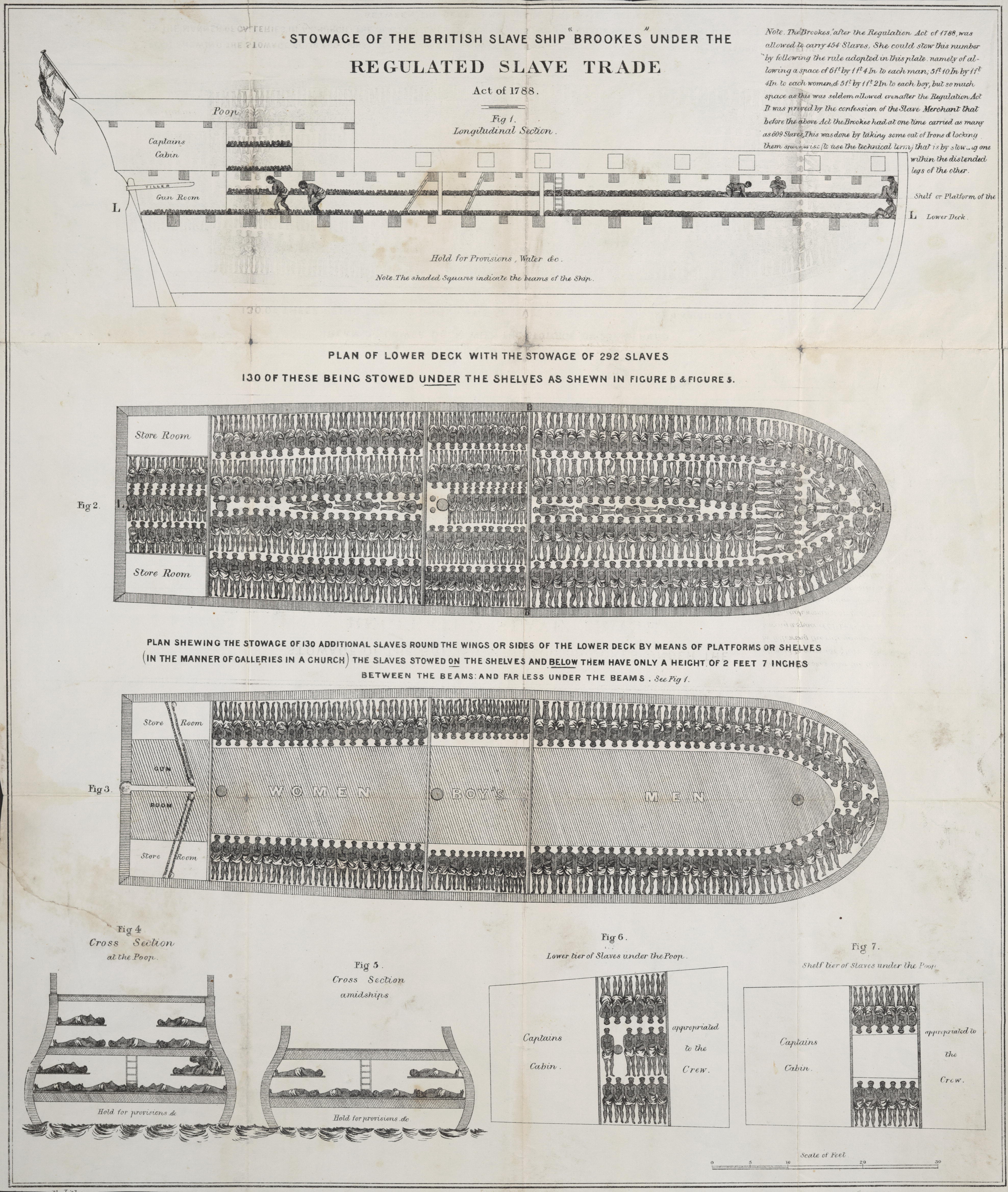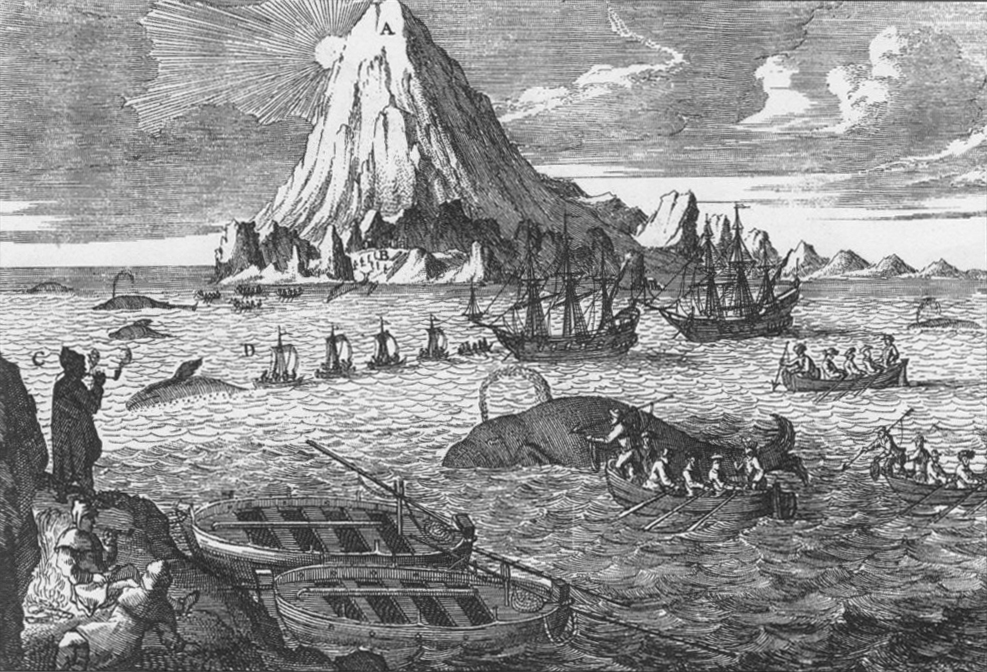|
Backhouse (ship)
Several ships have been named ''Backhouse'': * was launched at Chester. She initially sailed as a West Indiaman. In 1792–1793 she made one voyage as a slave ship. Once in 1796 and again in 1797 she repelled attacks by French privateers in single-ship actions. ''Backhouse'' made four more slave trading voyages and then returned to the West Indies trade. After about 1809 she became a London coaster and was last listed in 1813. * was launched at Dartmouth. In all, she made four voyages as a slave ship. Between the second and the third, and after the fourth, she was a West Indiaman. A French privateer captured her early in 1810 as she was returning to Britain from Brazil. * was launched at Hull as a West Indiaman. Mather & Co. purchased her in 1800 and then employed her on two whaling Whaling is the hunting of whales for their products such as meat and blubber, which can be turned into a type of oil that was important in the Industrial Revolution. Whaling was practiced as an org ... [...More Info...] [...Related Items...] OR: [Wikipedia] [Google] [Baidu] |
West Indiaman
West Indiaman was a general name for any merchantman sailing ship making runs from the Old World to the West Indies and the east coast of the Americas. These ships were generally strong ocean-going ships capable of handling storms in the Atlantic Ocean. The term was used to refer to vessels belonging to the Danish (e.g. ), Dutch, English, and French (e.g. ) West India companies. Similarly, at the time (18th and 19th centuries) people also referred to East Indiamen (ships trading with the East Indies), Guineamen (slave ships), or Greenlandmen ( whalers in the North Seas whale fishery). British West Indiamen tended to be London-built and to sail directly from England (generally London) to the West Indies. Guineamen tended to be built (or owned) in Bristol and Liverpool and to sail from Bristol or Liverpool via West Africa in what is now often referred to as the triangular trade in enslaved people. There were London-based Guineamen, (for example ), and Liverpool-based West Indi ... [...More Info...] [...Related Items...] OR: [Wikipedia] [Google] [Baidu] |
Slave Ship
Slave ships were large cargo ships specially built or converted from the 17th to the 19th century for transporting Slavery, slaves. Such ships were also known as "Guineamen" because the trade involved human trafficking to and from the Guinea (region), Guinea coast in West Africa. Atlantic slave trade In the early 17th century, more than a century after the arrival of European emigration, Europeans to the Americas, demand for unpaid labor to work plantations made slave-trading a profitable business. The Atlantic slave trade peaked in the last two decades of the 18th century, during and following the Kongo Civil War. To ensure Profit (accounting), profitability, the owners of the ships divided their Hull (watercraft), hulls into holds with little headroom, so they could transport as many slaves as possible. Unhygienic conditions, dehydration, dysentery, and scurvy led to a high mortality rate, on average 15% and up to a third of captives. Often, the ships carried hundreds of sla ... [...More Info...] [...Related Items...] OR: [Wikipedia] [Google] [Baidu] |
Single-ship Action
A single-ship action is a naval engagement fought between two warships of opposing sides, excluding submarine engagements; it is called so because there is a single ship on each side. The following is a list of notable single-ship actions. Single-ship actions Anglo-Spanish War * 1579, March 1 – ''Golden Hind'' captures the Spanish galleon ''Nuestra Señora de la Concepción''. Third Anglo-Dutch War * 1674, February 13 – HMS ''Tyger'' captures ''Schaeckerloo'' (part of the Dutch fleet that conducted the Dutch Raid on North America) outside Cadiz. Golden Age of Piracy * 1720, October 22 – A British merchant sloop commanded by former privateer Jonathan Barnet captures the pirate sloop ''William'' and its owner John Rackham. War of the Austrian Succession * 1743, June 20 – captures the Spanish treasure galleon ''Nuestra Señora de la Covadonga'' * 1746, 21 January – captures the French privateer ''Marianne'' Seven Years War * 1761, 1 January – captures the ... [...More Info...] [...Related Items...] OR: [Wikipedia] [Google] [Baidu] |
Mather & Co
Mather may refer to: People * Mather (given name), a list of people with the given name * Mather (surname), a list of people with the surname Places * Mather, California (other) * Mather, Manitoba, Canada, a community * Mather, Pennsylvania, an unincorporated community * Mather, Wisconsin, an unincorporated community * 49700 Mather, an asteroid * Mather Air Force Base, east of Sacramento, California * Mathers Bridge, Merritt Island, Florida * Mather Gorge, on the border between Maryland and Virginia * Mount Mather (other) Other uses * Mather House (other) * Mather Stock Car Company, an American corporation that built railroad rolling stock * Mather Inn, a hotel in Ishpeming, Michigan * Mather Tower, Chicago, Illinois * The Mather School, oldest public elementary school in North America See also * Mathers Mathers is an English surname and may refer to: * Edward Peter Mathers (1850–1924), British journalist and newspaper proprietor * Edward Powys ... [...More Info...] [...Related Items...] OR: [Wikipedia] [Google] [Baidu] |
Whaling
Whaling is the hunting of whales for their products such as meat and blubber, which can be turned into a type of oil that was important in the Industrial Revolution. Whaling was practiced as an organized industry as early as 875 AD. By the 16th century, it had become the principal industry in the Basque coastal regions of Spain and France. The whaling industry spread throughout the world and became very profitable in terms of trade and resources. Some regions of the world's oceans, along the animals' migration routes, had a particularly dense whale population and became targets for large concentrations of whaling ships, and the industry continued to grow well into the 20th century. The depletion of some whale species to near extinction led to the banning of whaling in many countries by 1969 and to an international cessation of whaling as an industry in the late 1980s. Archaeological evidence suggests the earliest known forms of whaling date to at least 3000 BC, practiced by the ... [...More Info...] [...Related Items...] OR: [Wikipedia] [Google] [Baidu] |


